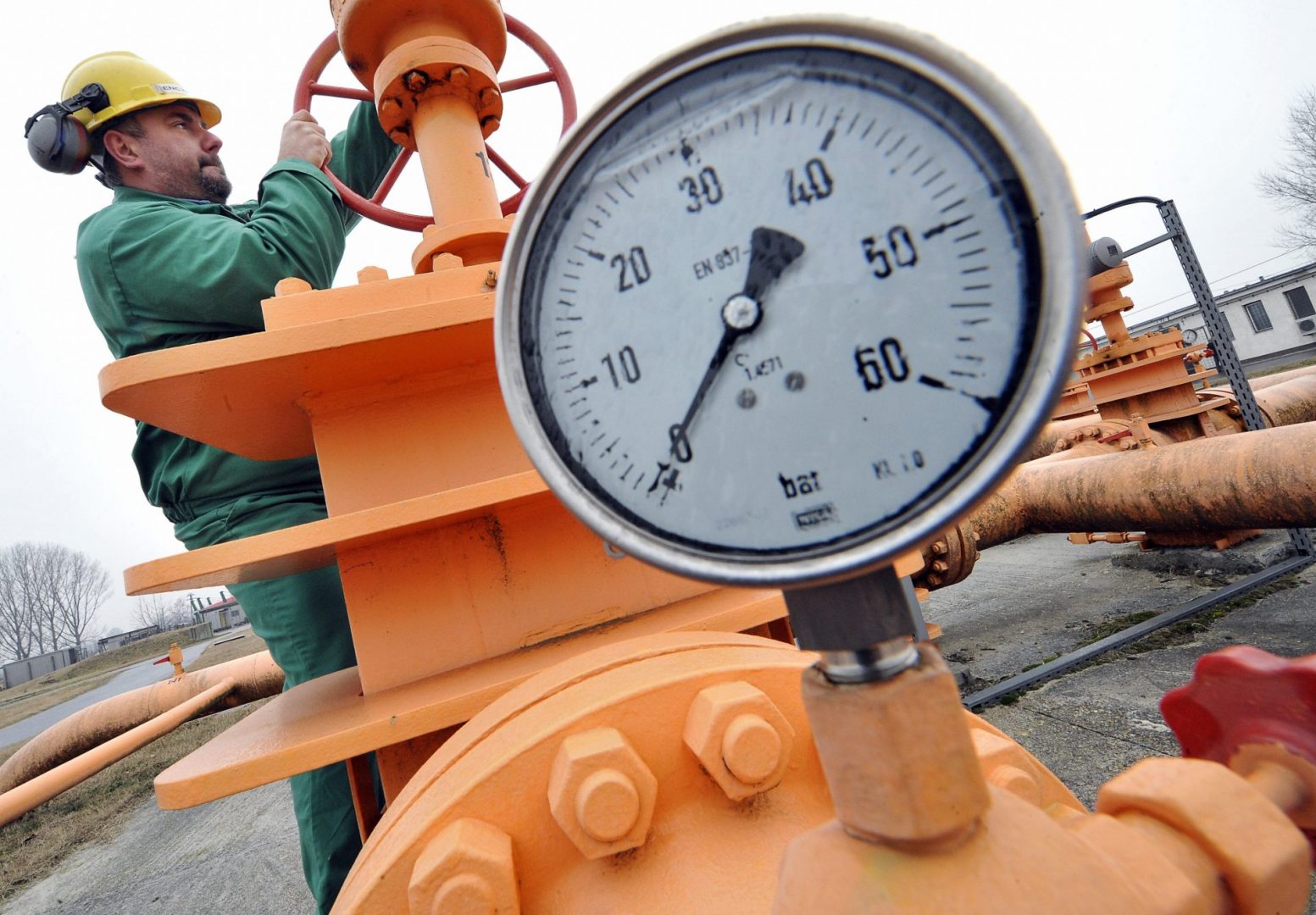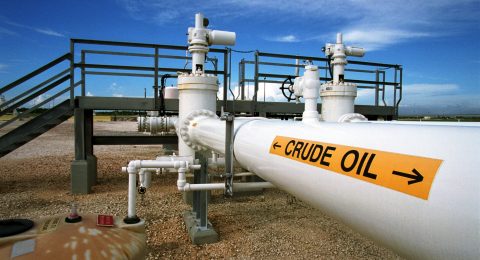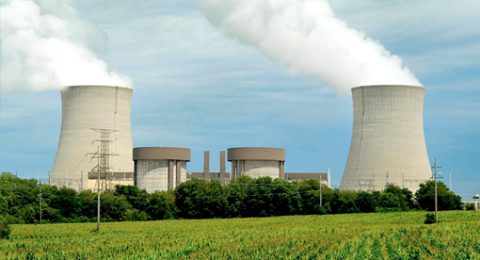Serbia is ready to sign onto the Turkish Stream pipeline project, the country’s Minister of Foreign Affairs Ivica Dacic said Friday, according to local news reports.
“Europe cannot do without Russian gas,” Dacic said at a news conference in Belgrade after talks with Russian counterpart Sergey Lavrov on Friday. “At present, we can express our readiness for participation in this project because we need reliable gas supplies.”
The minister’s comments Friday come after Serbian President Tomislav Nikolic said last week that the country would not receive gas through the pipeline.
“We have presented to all European officials our position that now we do not agree with the imposition of sanctions against Russia, but when we become a member [of the EU], we will have to conduct a common foreign policy,” Nikolic said in an interview with the news agency Interfax last week.
The reversal of Serbian rhetoric on the Turkish Stream project points to the growing support for the Russian-backed plan, which would give Russia the upperhand in its energy game with the U.S. and the European Union. Europe relies largely on Russian natural-gas exports for energy, but the U.S. and the European Union are looking for alternative energy projects that would bypass Russia and comply with sanctions placed on the country for its role in the eastern Ukraine war.
It appears Serbia is not ready to go along with the EU’s sanctions when it comes to energy deals.
“We wouldn’t like to find ourselves in a situation, in several years, when we’ll have to look for those who are to blame for the fact that winter has come and there are no more gas supplies via Ukraine,” Dacic said Friday, according to a UPI report. Ukraine is currently the only country through which Serbia receives Russian gas.
The Turkish Stream is the result of the cancellation of South Stream, a pipeline plan that Russia and Turkey had agreed on, but that the European Commission opposed. The executive arm of the European Union rejected Russian gas company Gazprom’s plans for the pipeline because it was not in line with EU laws. The pipeline would have transported Russian gas to southeastern Europe via Bulgaria, and supplied Slovenia, Serbia, Hungary and Italy with natural gas.
Ankara and Moscow agreed on the route for the 700-mile Turkish Stream pipeline last week. The pipeline could begin delivering oil as early as December 2016 and will run from Russia through the Black Sea to the Greece-Turkey border.
Source: International Business Times












